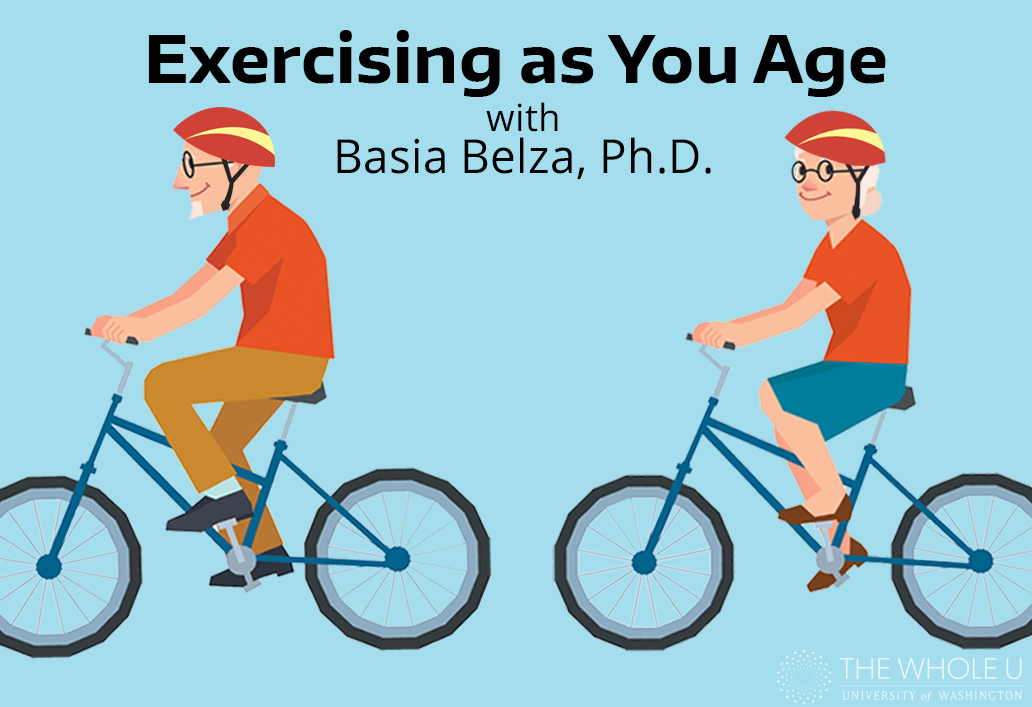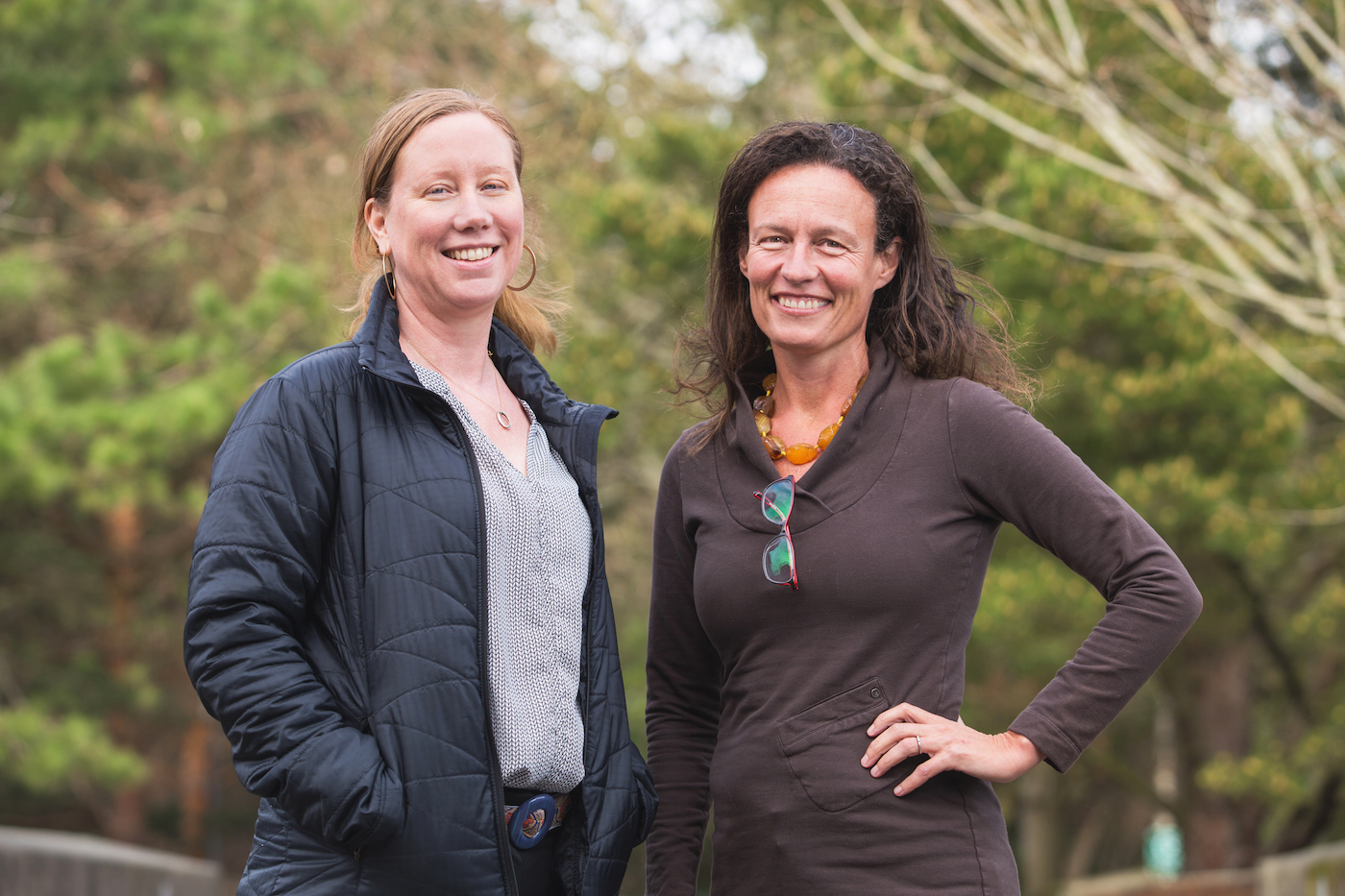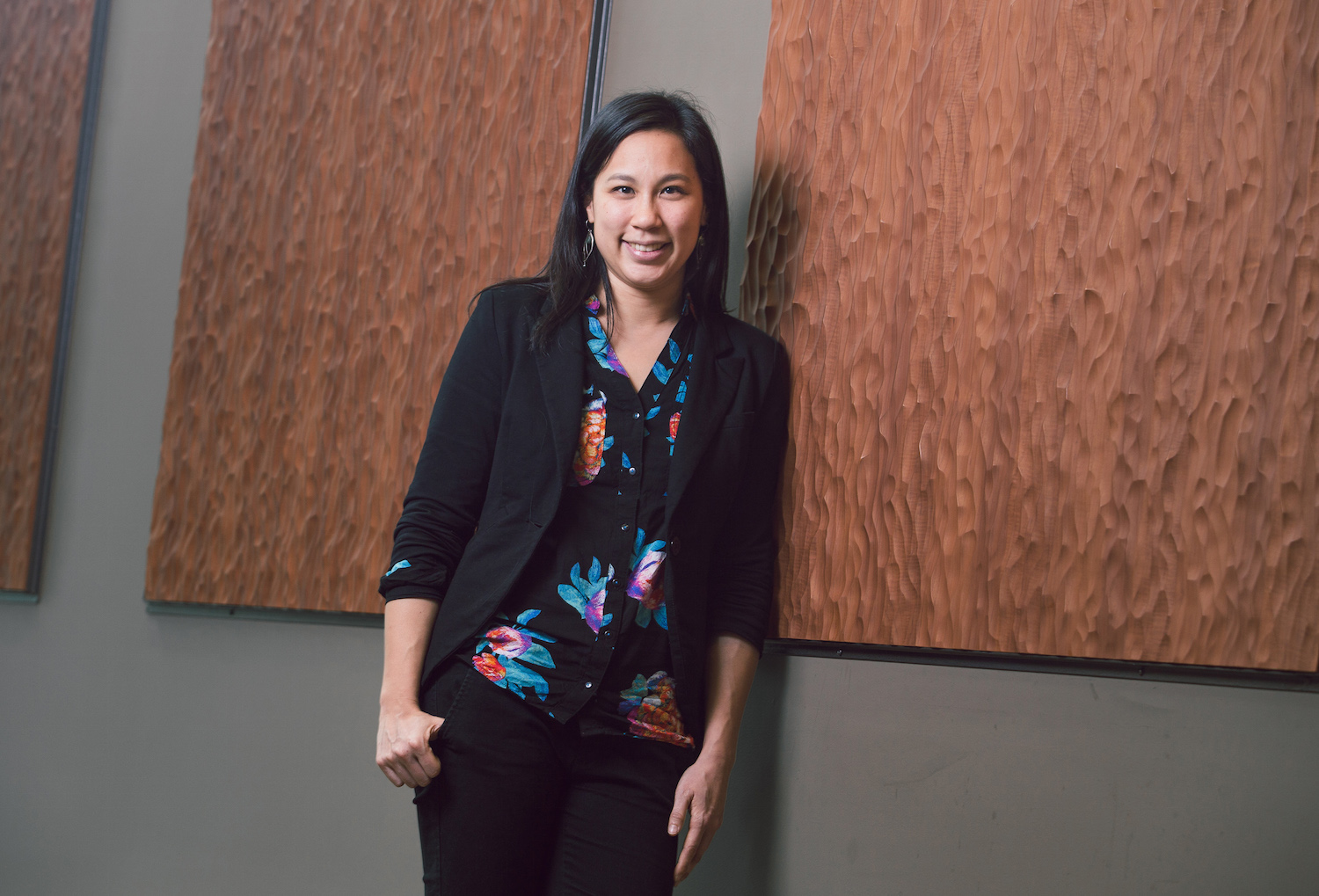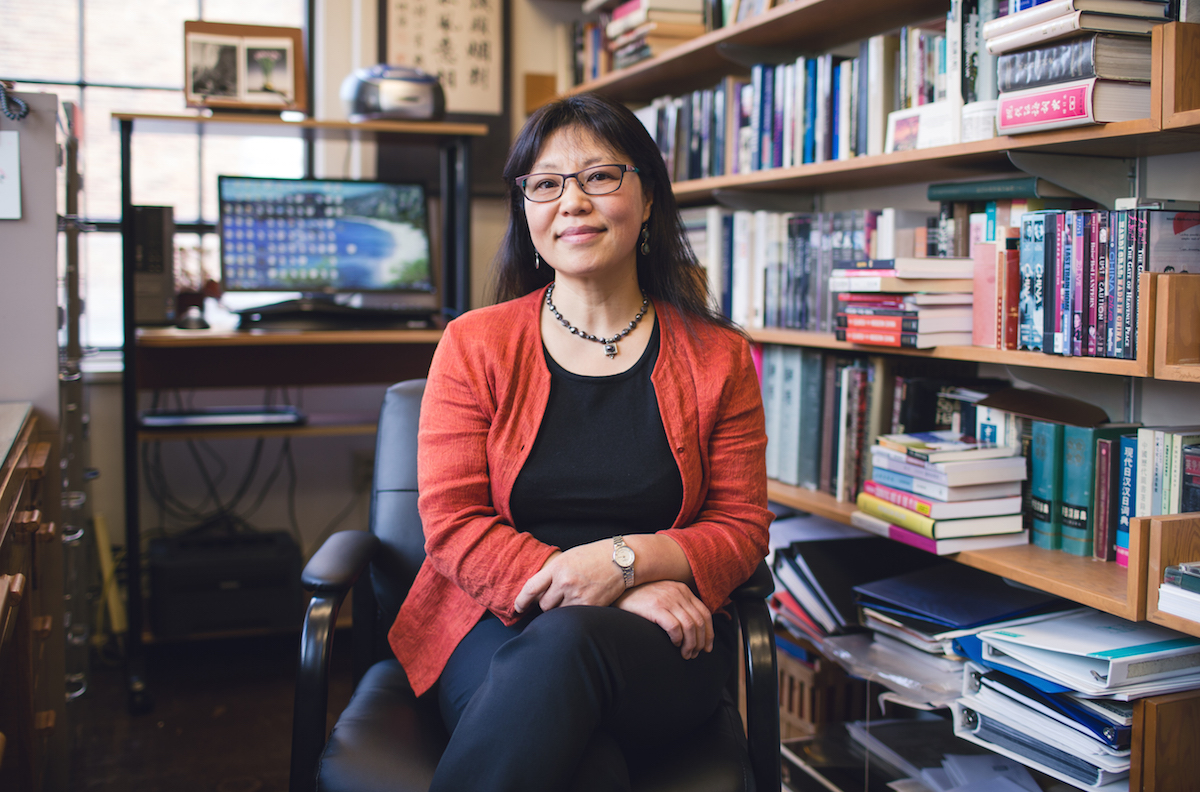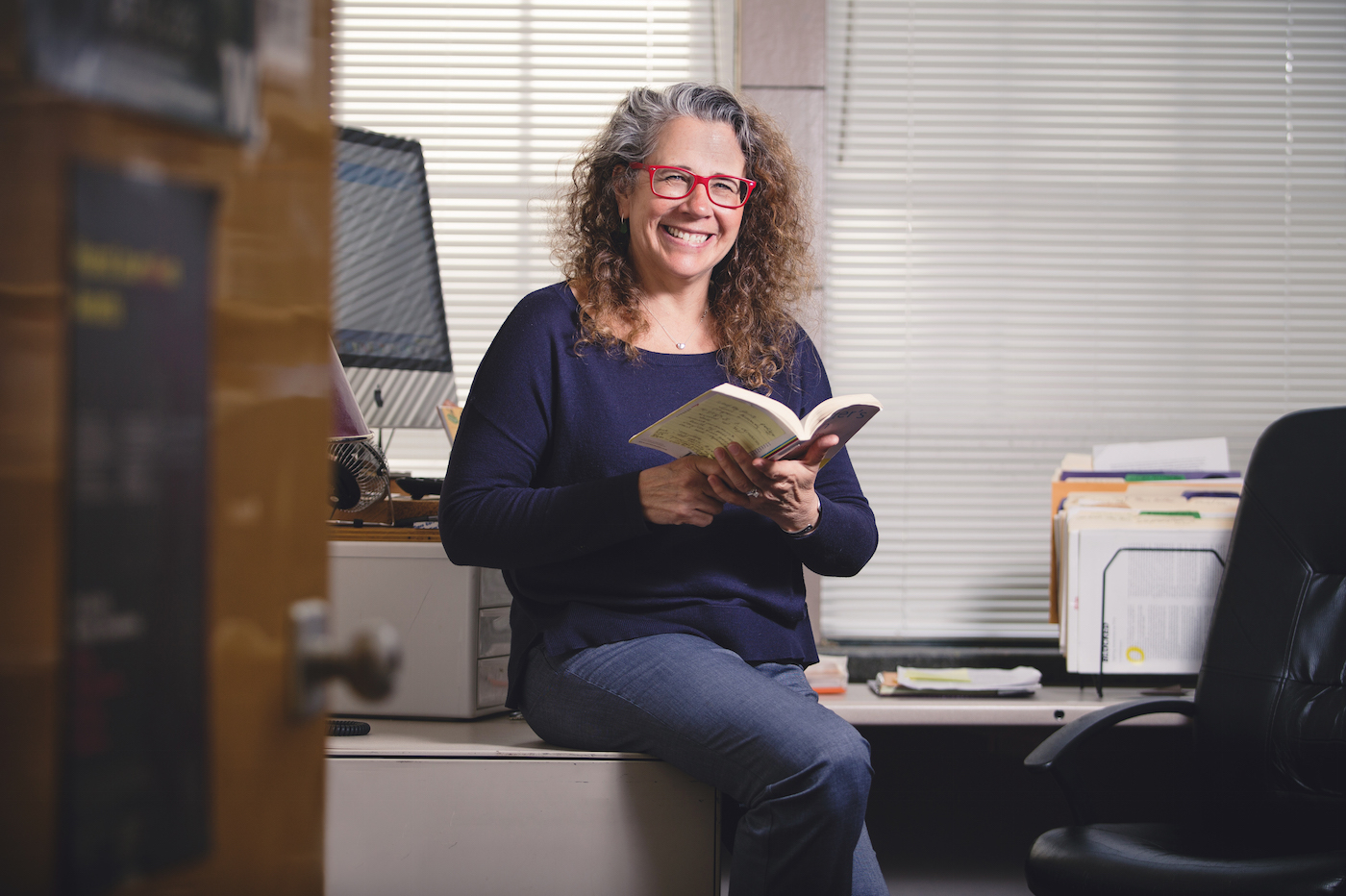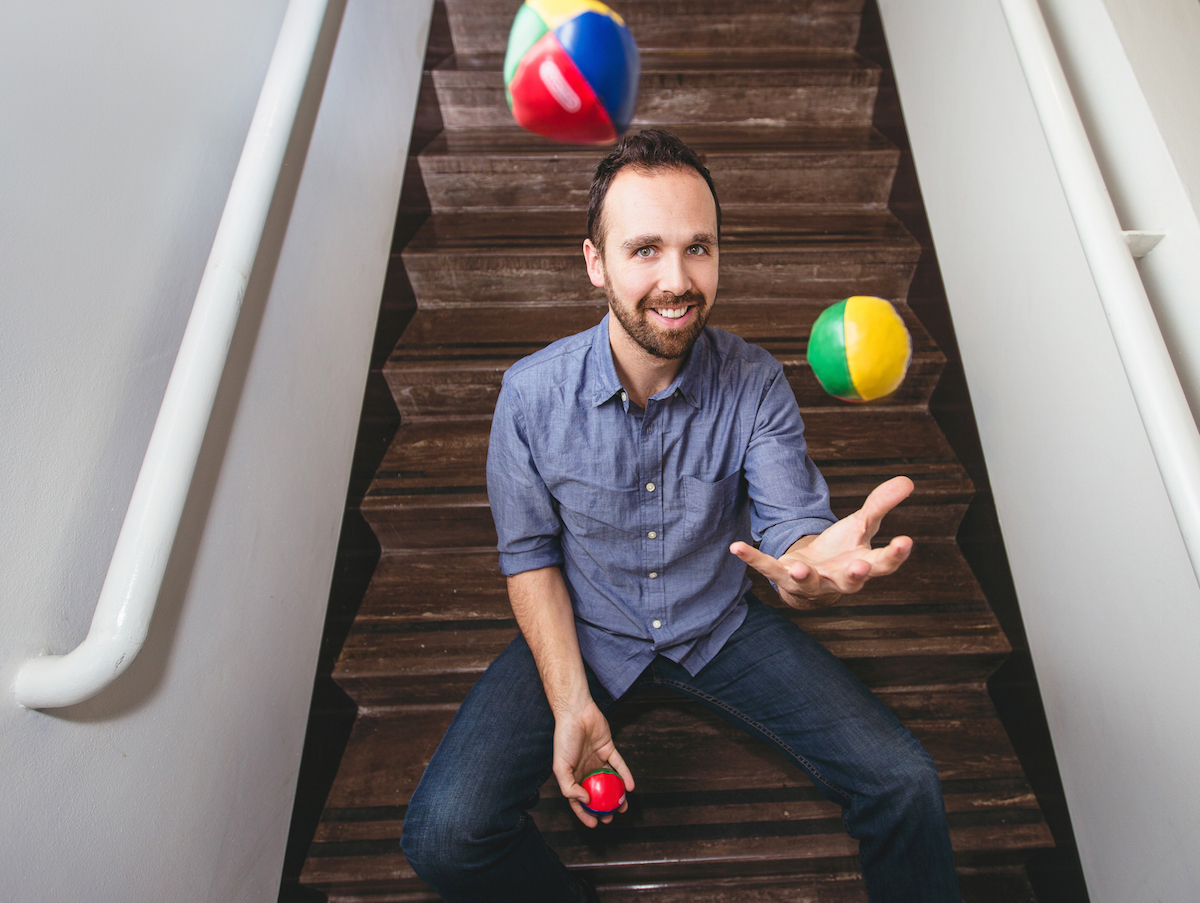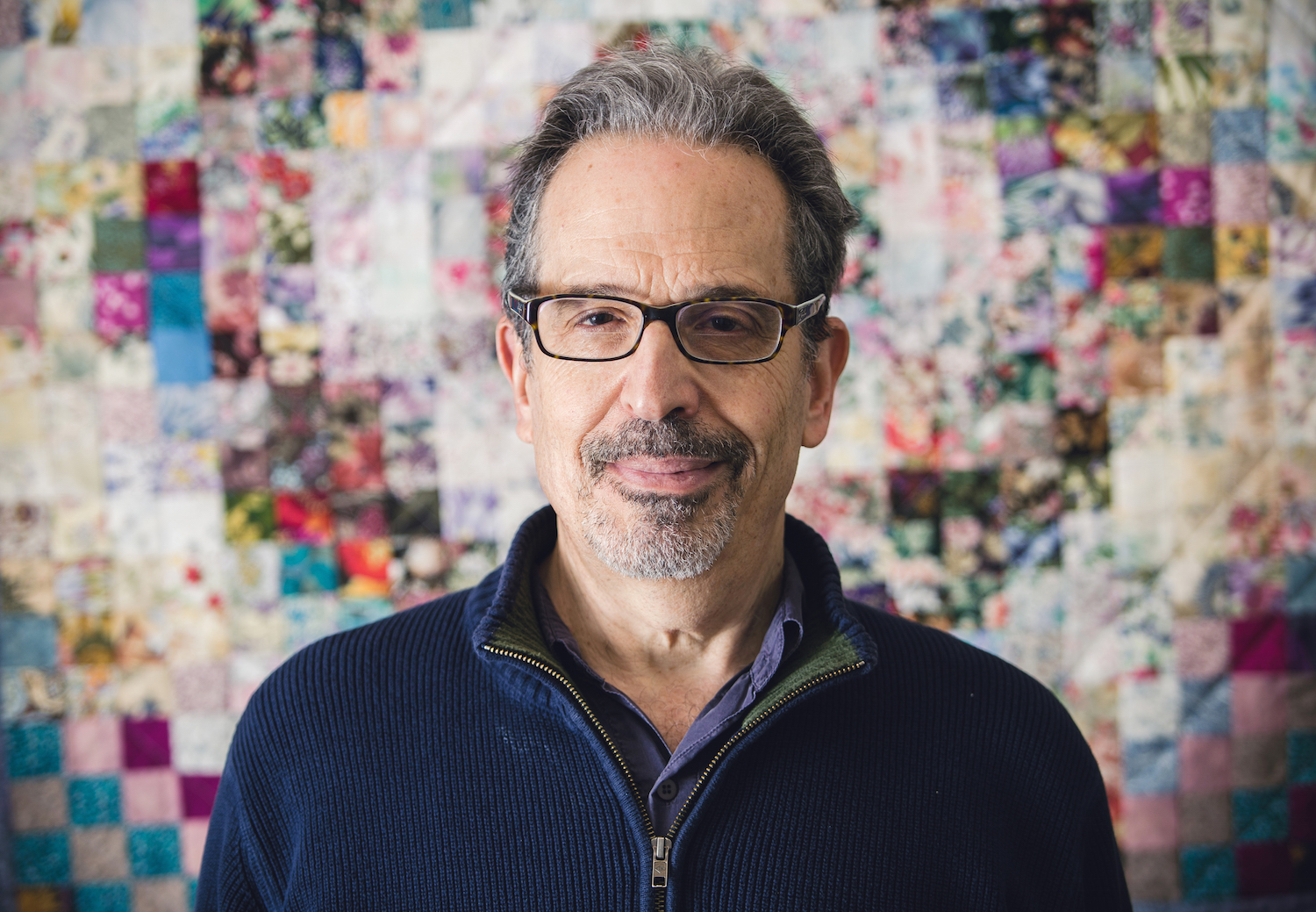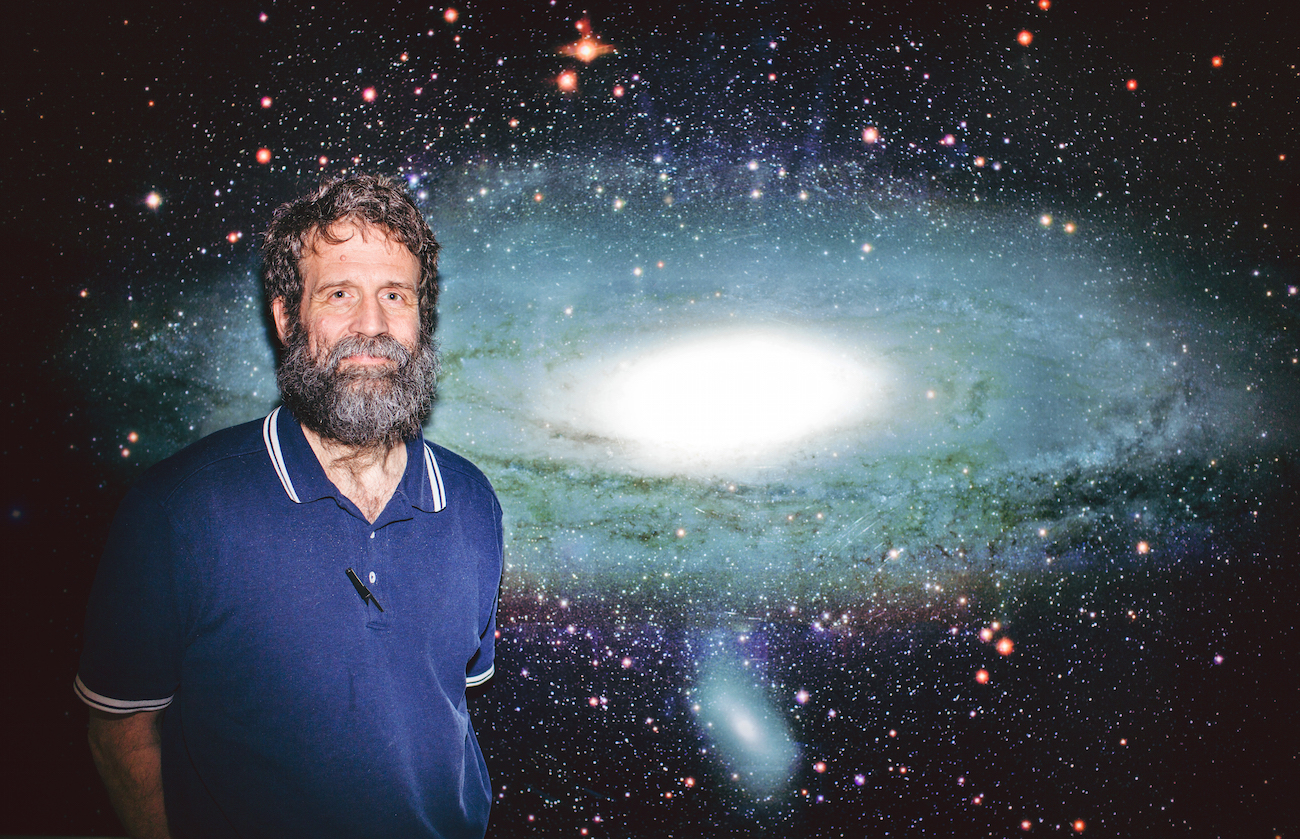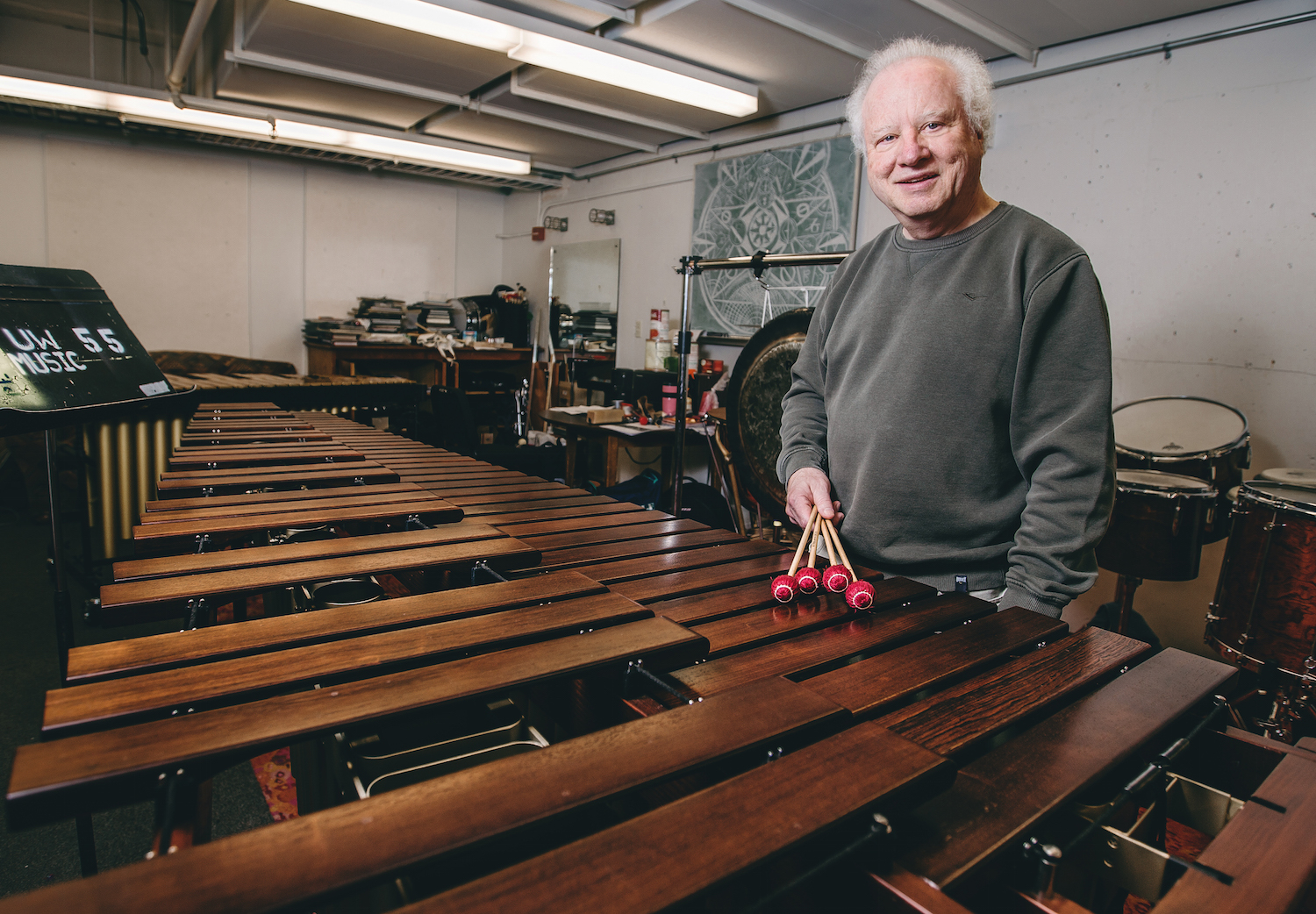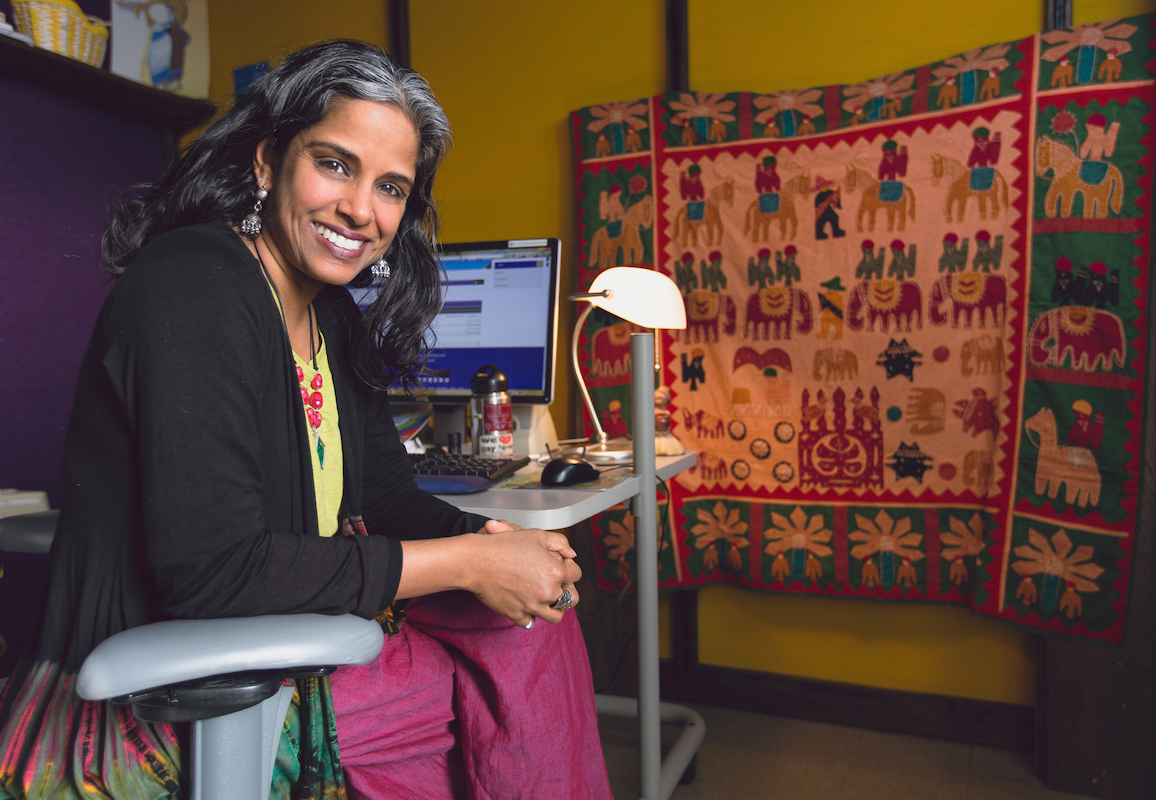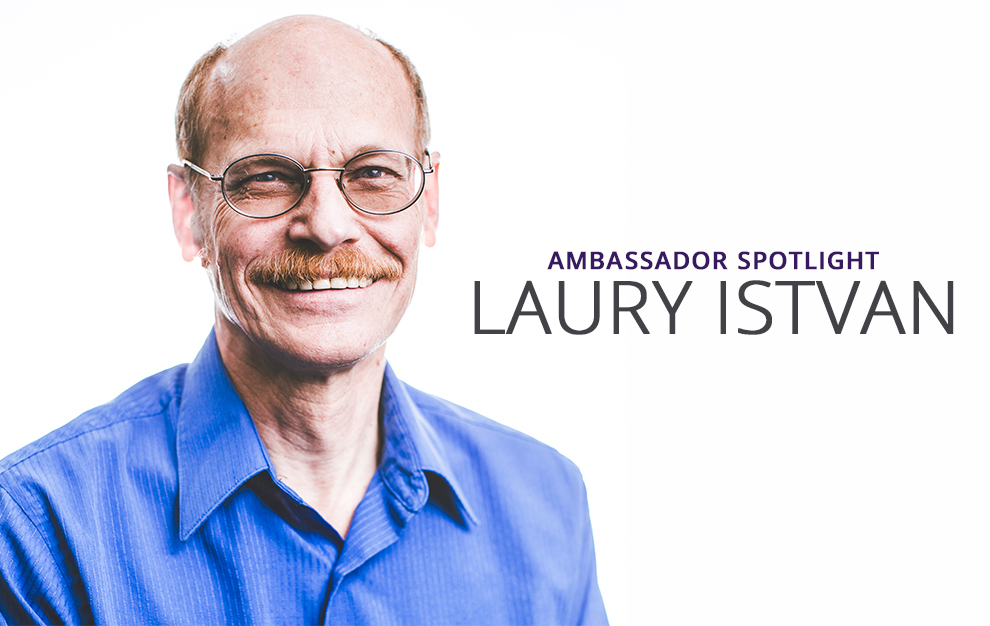Exercising as You Age with Basia Belza
Who isn’t afraid of aging? Kids hate growing up and grown-ups hate getting older. And yet, we can’t slow down time. Nor can we magically turn back the clock, despite the promises of late-night infomercials. Our best bet is to age healthily, and the best way to do that is to be active. “Physical activity [...]
Faculty Friday: Pam Kohler & Sarah Gimbel
From Ebola and Zika to malaria and dengue fever, there seems to be a global health crisis around every corner.
If you haven’t witnessed an outbreak in person, you’ve seen the images on TV: Patients struggle to survive, doctors cross borders to treat them, and researchers rush to develop vaccines.
But there’s a tireless group of frontline caregivers that often get overlooked — both by daily news coverage and high-level decision-makers.
Faculty Friday: Cynthia Chang
When Mount St. Helens erupted in the spring of 1980, over 200 miles of plants and trees were wiped away by wind, lava, and rock. Nearby buildings were buried, and 57 people were killed. A serene and picturesque landscape had turned terrifyingly barren.
But researchers have since found a silver lining: the eruption created a great natural experiment. The federal government designated the mountain a national monument, which allowed plants and animals to return naturally — rather than being placed there by people.
Faculty Friday: Madeleine Yue Dong
When the president of China sojourned in Seattle last fall, political and business leaders lined up to welcome the head of Washington’s biggest trade partner.
Meanwhile, politicians and talking heads in Washington, D.C. were accusing China of manipulating its currency and ripping off the American economy.
Faculty Friday: Andrea Otanez
This laboratory experiments on people, places, and things.
Freaked out? Don’t be. They’re studying storytelling. The News Lab is a newsroom for journalism students.
"From Woodinville to Federal Way to Everett, our students put important news in front of people," said Andrea Otanez, who's teaching the lab this quarter.
Staff Story: Jed Thompson
You know that moment when you can't think of anything to say? Jed Thompson doesn't.
Faculty Friday: David Levy
Put your phone away.
What would you do if you heard that? Turn your phone off, or silence it? Flip it upside down on the table? Put it in your pocket or your purse? Throw it in the trash can?
At the movies, do you power down or switch to vibrate? Do you peak during a bathroom break? Did that Facebook notification give you a dopamine rush?
A Healthy Heart with Dr. Eugene Yang
Broken hearts are a public health epidemic. A whopping 1-in-4 Americans will die from cardiovascular disease, whether it be an event like a heart attack or a condition like congestive heart failure. Tallied together, these ailments are the leading cause of death in the U.S. Cardiovascular woes tend to strike later in life, but it’s [...]
Faculty Friday: Tom Quinn
As one of the most cited researchers in his field, UW Astronomy Professor Tom Quinn is featured on the latest Thomson Reuters list of the World's Most Influential Scientific Minds. We had a special Q&A chat with him for this week's Faculty Friday.
Faculty Friday: Tom Collier
A musician can make a great tour guide.
In Tom Collier’s new jazz album, "Across the Bridge," he explores the streets, schools, and sounds of West Seattle, the neighborhood he grew up in. The School of Music professor plays two instruments on the nine-track trek: the vibraphone and its king-sized cousin, the marimba.
Faculty Friday: Anu Taranath
At a big university like UW Seattle, political correctness can cut both ways.
Some feel that classrooms are safer when offensive language and fringe ideas are driven out. Others think that eliminating these voices, as hurtful as they can be, restricts the learning process.
Senior Lecturer Anu Taranath says it all depends on whose stories we focus on. In her Comparative History of Ideas class Re-Thinking Diversity, students hash out these ideas of power and privilege.
Ambassador Spotlight: Laury Istvan
We talked with Whole U Ambassador Laury Istvan, the assistant director of operations in the Office of Animal Welfare, about what The Whole U can offer an outdoorsy introvert. How long have you been at the UW? Coming up on three years. I spent 20 years running a consulting practice, helping government agencies and private [...]
